Page 6
AIRAH
AIRAH’s latest news and developments in the fields of advocacy, training, conferences and events, and membership.
-

Cost v sustainability
Well, it’s a little late, but I hope that you have had the opportunity to take a well‑earned break over the summer. Let’s face it: in January the construction industry usually grinds to a halt, and just about everybody you’re trying to reach is away. We all need the chance to rest and recharge.
-
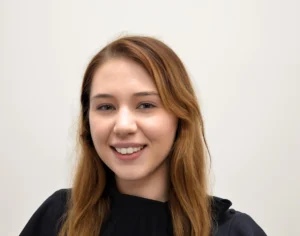
The kind and decisive one
Based in Sydney, Maddy Johnson, Affil.AIRAH, is a graduate mechanical engineer at A.G. Coombs, working in the Projects team.
-
Meet Stephen Podetti, M.AIRAH
Sydney-based Stephen Podetti, M.AIRAH, is the founder and director of Quality Air Equipment.
-

Development of a whole-house energy rating tool for new housing
In 2019, Australian energy ministers agreed on the need for the Trajectory for Low Energy Buildings (the Trajectory). One of the key aspects in the Trajectory for residential buildings is to expand the Nationwide House Energy Rating Scheme (NatHERS) to offer nationally accredited whole-of-home (WoH) tools to enable compliance requirements in the National Construction Code (NCC).
-
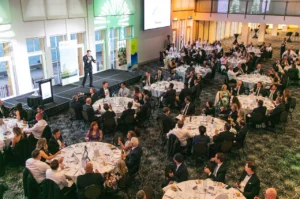
Harbourside hoorah for HVAC&R
The winners of the AIRAH Awards 2022 were announced at a gala dinner on November 24 at Luna Park in Sydney.
-

Streamlining electrification in support of decarbonisation
Our industry has increasingly focused on the electrification of building utilities coupled with low-carbon electricity to support the global decarbonization effort. Examples include the University of California’s system-wide ban on the use of on-site fossil fuel combustion in new construction and major renovations, and the City of Seattle’s recently passed measure to prohibit the use of natural gas for space heating in new construction and major replacements of heating systems in commercial buildings, as well as for water heating in new hotels and large apartment buildings. This column presents an approach to integrating the production of domestic hot water with an electric heat-recovery chiller plant as a streamlined solution.
-
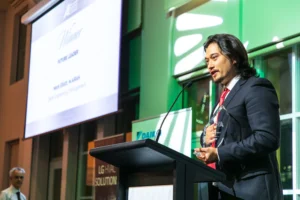
The nouse of Elliott
Perth-based Mark Elliott, M.AIRAH, is a building services engineer for Devlin Engineering & Management, and the 2022 AIRAH Future Leader Award winner.
-

Feasibility study of wastewater energy transfer for an existing campus building cluster
The HVAC-related energy usage of a group of three existing buildings on a Canadian university campus (the “Cluster”) was simulated. Two scenarios were compared: (1) an ambient loop paired with conventional HVAC equipment (boiler plant and cooling tower), and (2) an ambient loop using wastewater energy transfer (“WET”). The study aimed to assess the feasibility of implementing WET as a heating and cooling method for cold-climate institutional buildings, as well as to measure the effects of WET implementation on energy usage, greenhouse gas emissions, and energy costs
-
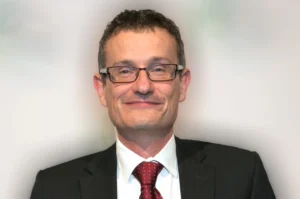
The enthusiast
Dr Stephen White, F.AIRAH, has been name the winner of the 2022 James Harrison Medal, AIRAH’s highest individual honour. Ecolibrium broke bread with him about the news.
-
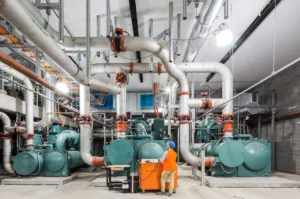
AIRAH 2022 HVAC&R salary survey
Our review of industry remuneration has revealed some intriguing narratives.
-
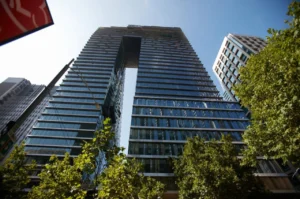
Collins Arch article correction
We wish to make a correction and clarification regarding the “Arch of triumph” article that featured in August‑September Ecolibrium.
-
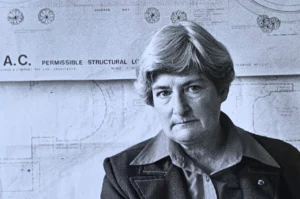
Joining the pantheon
Congrats to Gwen Gray, AIRAH’s first female member when she joined and now a posthumous member of the ARBS Hall of Fame.
-
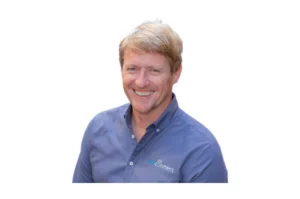
Q&A: Dr Josh Wall, M.AIRAH
Ecolibrium shoots the breeze with the Newcastle-based CTO of Airconnect about life after CSIRO.
-

Pushing the boundaries of net zero in the Australian outback
Using a hybrid of dynamic thermal simulation and detailed hourly spreadsheet calculations, the analysis identified design and operation strategies to size PV and batteries for various degrees of grid independence.
-
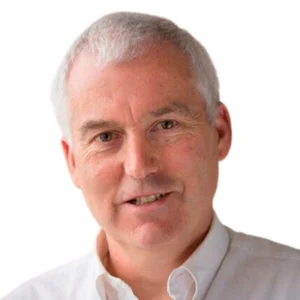
From the CEO
As we face the unknown financial road ahead, it’s useful to people reflect on the most recent major economic downturn, the Global Financial Crisis (GFC) of more than a decade ago. Officially spanning form late 2007 to mid-2009, it took several more years for employment and the economy to stabilise to previous levels. It is important for us to look at the business successes and failures from this challenging time, and to learn from them.
-

Change in mood
It is undoubtedly a time of change – socially, politically, environmentally and for many, personally. The same can be said for the mechanical services consulting landscape following the mergers of local and international firms.
-
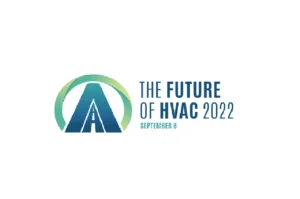
The future will be televised
Get set for a full-day virtual event on September 8 highlighting the most significant trends in our industry: the Future of HVAC.
-
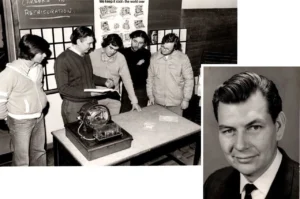
The industry advocate
Sixty-year AIRAH member Warwick Geering, M.AIRAH, was dedicated to the art and science of HVAC&R.
-

TCB for the STGs
AIRAH’s Special Technical Groups are benefitting from a re-designed website
-

Optimisation of Economy Cycle Operation and Supply Air Temperature Control for VAV systems
In the future, many Australian HVAC systems may be required to deal with harsher environmental conditions due to more extreme climatic conditions and a push to increase population centres in more northern and central regions of the country.